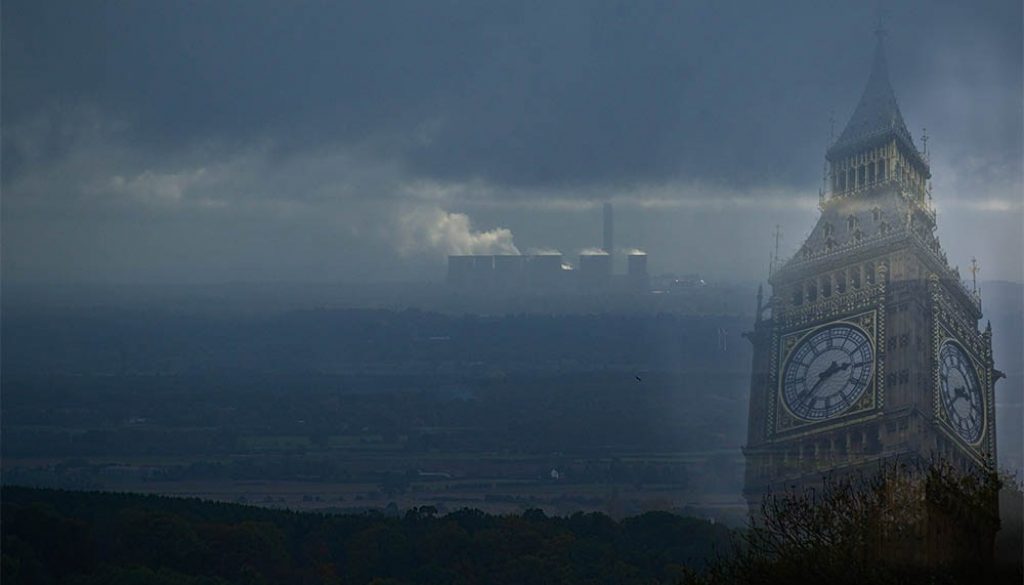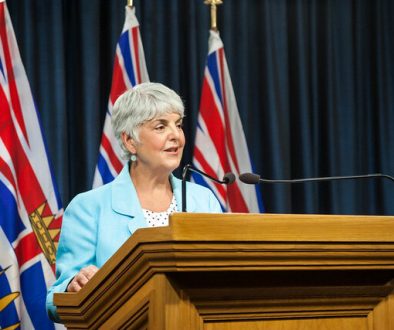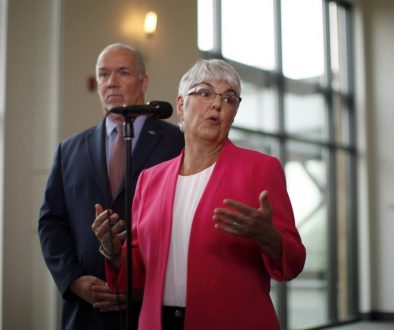Mark Carney’s “Greta” Finance Model | Frontier Centre For Public Policy
Depending on the part of the world you’re in, the mention of economist, Mark Carney, will elicit different responses. In Canada, Carney is widely credited with steering the country through the rocky waters of the 2008 financial crisis, but in the United Kingdom he is often labeled a political activist disguised as an economist.
I have previously written about Carney’s time as Governor of the Bank of England, a role he will leave on January 31. Through analysis of predictions made by the Bank of England relating to the impact of the Brexit vote, I argued that Carney had made a radical shift from economist and strategist to political activist with a clear agenda. Following the election of Boris Johnson as Prime Minister, and the realisation that Brexit is actually going to happen, the Bank of England was forced to peddle back some of its predictions of impending economic crisis and now it seems that Carney has found a fresh cause to campaign for.
In December 2019, United Nations Secretary General Antonio Guterres announced that Carney would lead a new push to ensure the financial sector embraces “climate emergency” issues, and will serve as the U.N. special envoy on climate action. It is a natural fit for Carney, who has been warning how climate change could “cause a new crash” since 2015.
In a statement, Carney said that the disclosures of climate risk “must become comprehensive” and that “investing for a net-zero world must go mainstream” —an assertion that demonstrates Carney’s willingness to advocate a political position while, at the same time, warning businesses that if they refuse to adapt to his vision then they could face severe financial penalty. Carney isn’t afraid to throw his weight around either. As the chief of the Financial Stability Board he directed companies to disclose potential risks they face as a result of climate change, despite bankers and finance professionals not identifying any imminent threat. The direction was widely criticised as little more than a vanity project.
In October 2019, Carney said that transition to net zero carbon emissions would change the value of every asset and raise the risk of shocks to the financial system. He is right. The value of assets in the fossil fuel industry will change, coal-fired plants are closing in major economies like the United States—but global energy demands are enormous and growing. President Donald Trump has demonstrated his commitment to protecting the coal industry and has proposed relaxing environmental regulation to make it easier to establish new oil drilling sites and coal mines. As it stands, renewable energy cannot meet the global economy’s growing demands for energy. The United States still relies on fossil fuels for 80 percent of its energy needs. In Canada, fossil fuels account for almost 90 percent of domestic energy production. In 2018, BloombergNEF’s annual survey of over 100 developing markets found that investments in solar, wind, and other renewable energy projects fell to $133B, down $33B from the year previous. Clean energy investments in India are declining as the nation struggles to keep up with its growing energy demands, and China is relying on more coal than ever before.
However well-intentioned it may be, the renewable energy industry isn’t ready for primetime yet, and the movement behind it has a tendency of attracting extreme-left, progressive ideologues. It is simply true that current renewable energy technology cannot satisfy demand and the costs are often prohibitive. Fossil fuel is not going away any time soon and Carney’s warnings, when put into the context of his tales of a Brexit economic doomsday, resemble threats more than honest analysis.
It is hard to ignore the political and professional affiliations of his wife too. Diana Carney is an environmental activist who was previously the Vice President of Research at progressive think tank Canada2020 and is an ambassador for the WWF. As Executive Director of Pi Capital, her work focused on “climate and energy issues” and “identifying pathways for more sustainable capitalism.” She supports green economy initiatives and is recognized globally as a leading campaigner for radical policy to address what she identifies as a climate emergency.
The parallels between Diana Carney’s work and Mark Carney’s recent interventions in finance have not gone unnoticed. It is an issue that has been long-discussed, and the couple even insisted in April 2013 that they are separate people with separate opinions. Events since then appear to suggest otherwise.
In fact, Carney’s vanity projects and haughty attempts to ensure businesses abide by rules dictated by his and his wife’s worldview pose two questions. The first is, why should we trust Mark Carney in the first place? Why should businesses believe the words of a man who showed disdain for the Brexit decision made by the British people, and who willingly incorporates the political agenda of his wife into his work as a leading global economist?
Secondly, it raises the question of whether he is suited to being a leading voice on such a divisive political issue. If consensus, or even compromise, is ever to be reached on the topic of climate change and renewable technology, is Mark Carney really the man to do it, or, is he another ideologue that represents establishment scorn for regular people?
Carney is quickly turning into the Greta Thunberg of finance, only it’s his wife pulling the strings and not his parents.
Jack Buckby is a Research Associate with Frontier Centre for Public Policy.
This content was originally published here.




